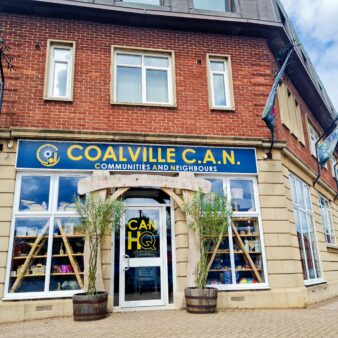A shared definition:
We believe that ending homelessness is defined as a state where homelessness is prevented and, if it does occur, it is rare, brief and non-recurring.
What does this actually mean in practice?
- Prevention: stopping people becoming homeless in the first place. Educating the public on how homelessness starts, and understanding how people leave public institutions (prisons, hospitals etc) and onto the streets.
- Rare: proactively reducing numbers of people sleeping on the streets to as close to zero as possible. Increasing our evidence base of who is sleeping on the streets, and for how long.
- Brief: if someone is street homeless, it should be for as little time as possible. People who are new to the streets should be identified and given support as quickly as possible.
- Non-recurrent: no-one should experience multiple episodes of rough sleeping. For those that are housed following sleeping on the streets, they should be prevented from returning to the streets.
Campaign Principles
Campaign cities who join the campaign agree to work to eight campaign principles:
- The right to housing: Safe and secure housing is a human right; without it, people cannot achieve their full potential.
- Housing First: Ensuring homeless people are housed in permanent, safe, appropriate and affordable housing with the support necessary to sustain it.
- Knowing who’s out there: Getting to know every homeless person by name by going onto the streets to find them and understand their needs.
- Involving people with lived experience: People with experience of homelessness working together with the local community and professionals towards ending street homelessness.
- Tracking progress: Regularly collecting and sharing person-specific data to accurately track progress toward ending homelessness.
- Involving the community in solutions: Many people are concerned about the individuals in their communities who have no roof to sleep under and they want to play a meaningful part in helping to find solutions.
- Improving local systems: Building coordinated housing and support systems that are simple to navigate, while targeting resources quickly and efficiently to the people who need it the most.
- Learning from and sharing with others: There must be a willingness to contribute to sharing knowledge with other cities whilst also learning from their campaign.




